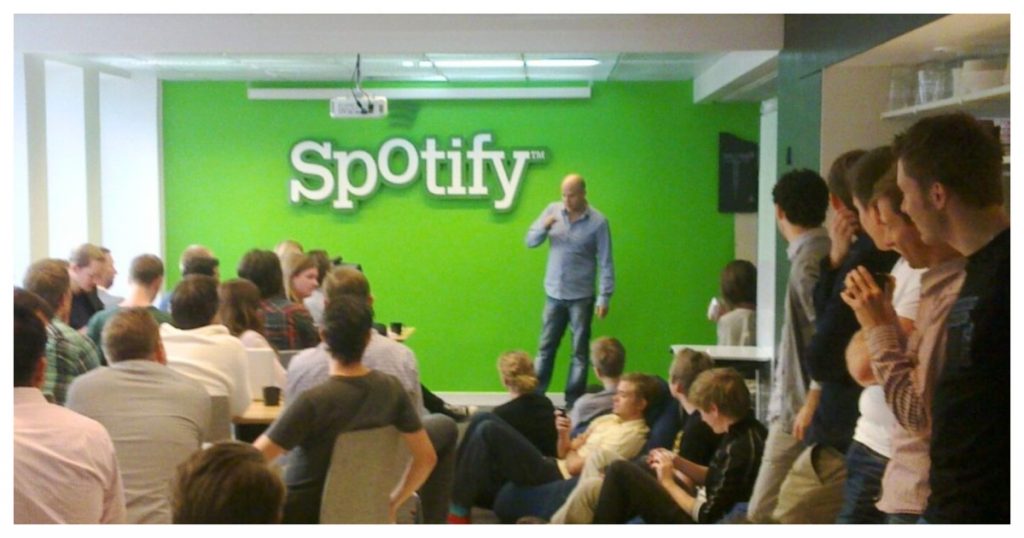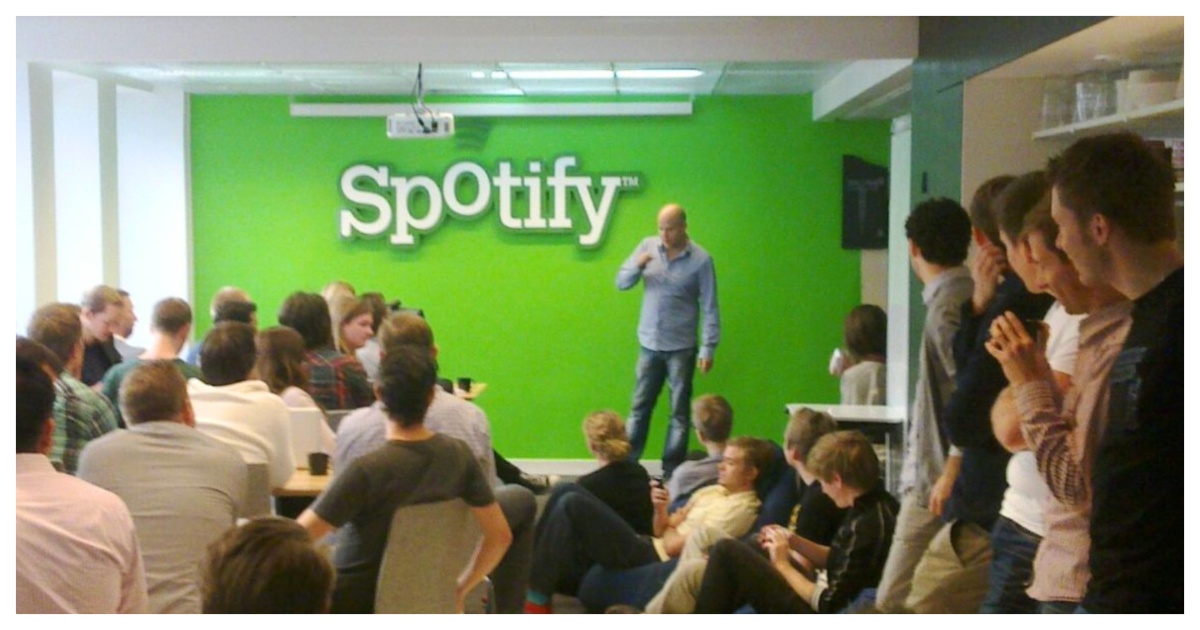Even as both global and Indian tech giants are mandating that employees return to offices, one company seems to be bucking the trend.
Music streaming platform Spotify says it won’t end its work-from-home policy, and sees no need to treat employees like ‘children’. “You can’t spend a lot of time hiring grownups and then treat them like children,” Spotify’s chief human resources officer Katarina Berg said. “We are a business that’s been digital from birth, so why shouldn’t we give our people flexibility and freedom?” she added.
“Work is not a place you come to, it’s something you do,” she said.

Spotify did acknowledge that working remotely made it challenging to get employees to collaborate. “It is harder and we all struggle to collaborate in a virtual environment,” Berg said. “But does that mean that we will start forcing people to come into the office as soon as there is a trend for it? No.”
Instead, Spotify is turning to innovative ways to encourage its staff to come into the office, including hosting “listening lounge” sessions featuring pop stars including Olivia Dean and Rag ‘n’ Bone Man. Staff are also strongly encouraged to come into the office during Spotify’s “core week” to reconnect and discuss strategy.
Spotify’s attempts to retain its work-from-home policy even after the pandemic are in stark contrast to the approach followed by most tech companies around the world. Amazon recently ended its work-from-home mandate, and staff will have to work from offices 5 days a week starting next year. Netflix had ended its work-from-home policy in 2020 itself, with CEO Reed Hastings calling remote work a “pure negative”. In India, IT majors have become increasingly strident about dragging their employees back into offices, with TCS linking salary hikes and bonuses with office attendance, and Infosys and Wipro too laying out ground rules for employees to return. Amidst all this, there’s a small — and shrinking — tribe of companies that are resolutely sticking to their work-from-home initiatives, and it’ll be fascinating to watch their progress as they compete with their in-office counterparts.
